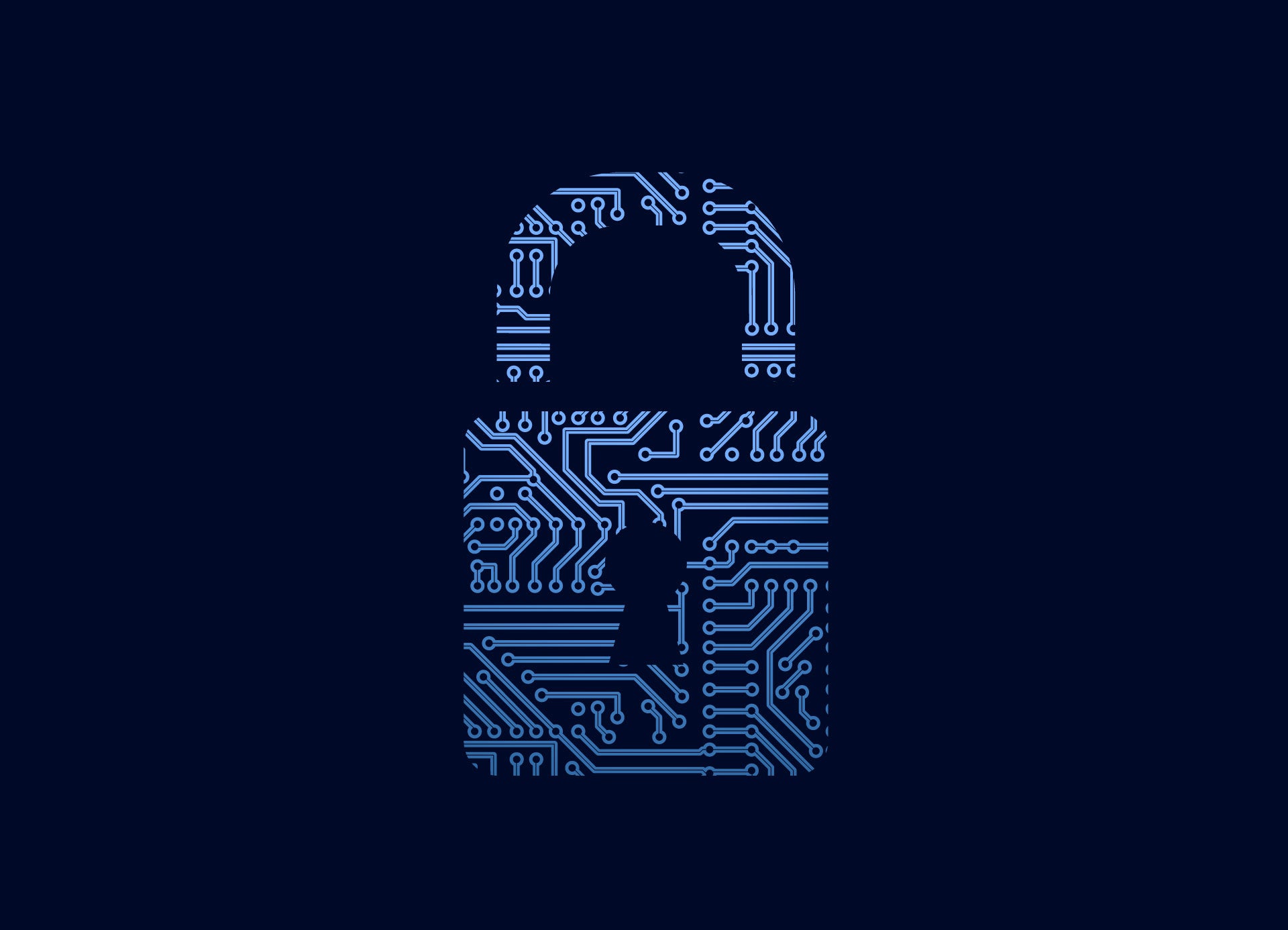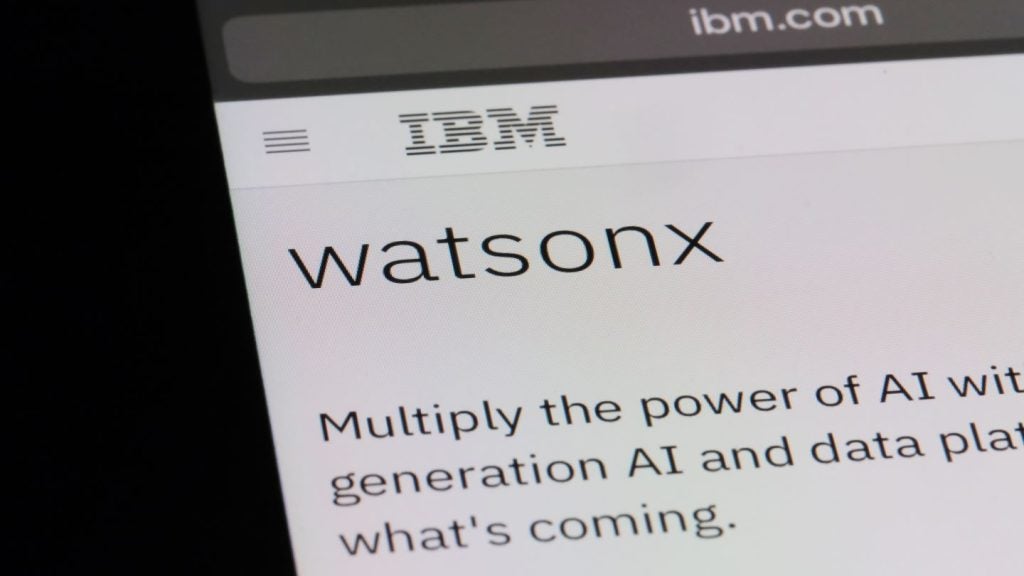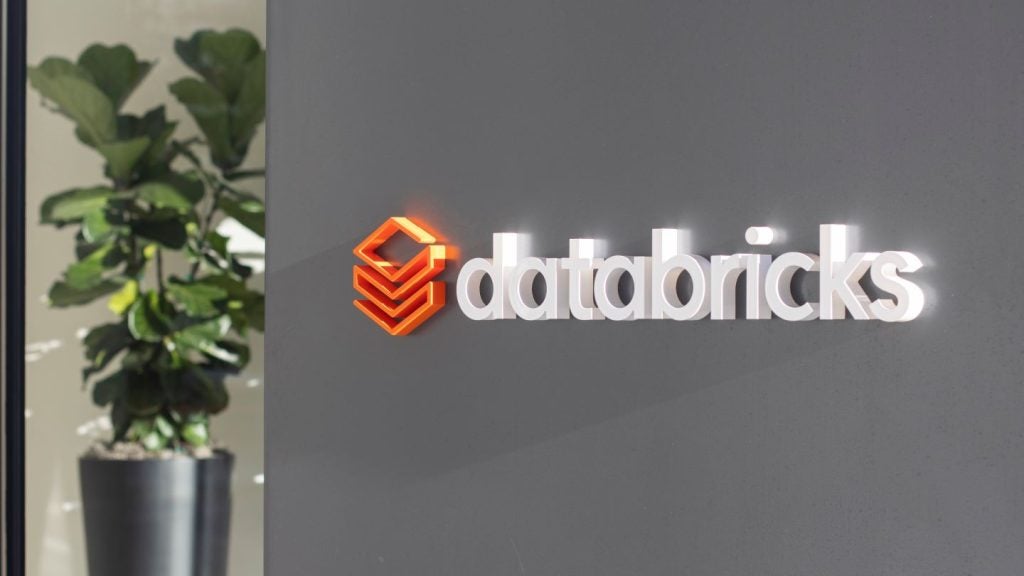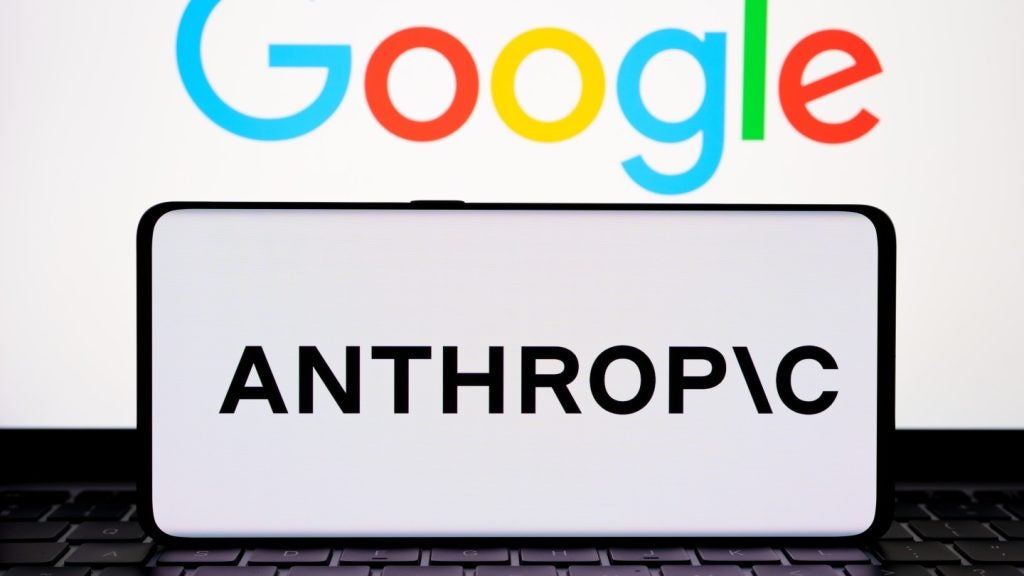
Anand Kashyap is the chief technology officer at Fortanix, a US-based cybersecurity firm. Founded in 2016, the startup specialises in encrypting data in use. While traditional encryption protects data at rest and data in motion, Fortanix’s RunTime Encryption platform allows applications to run using encrypted data, securing it while it is vulnerable to a variety of attacks.
In this Q&A, the sixth in our weekly CTO Talk series, Kashyap explains how data can be a double-edged sword, the importance of responsible data use and why Bill Gates is his tech hero.
Rob Scammell: Tell us a bit about yourself – how did you end up in your current role?
Anand Kashyap: I’ve been a technologist all my life. After getting my Bachelors from IIT Kanpur and PhD from Stony Brook University, both in Computer Science, I worked as a researcher and software developer in multiple companies, such as, Symantec, Arkin, and VMware. My passion has been to solve hard technical problems with practical solutions that can be productized and easily consumed.
My experience working in the security industry led me to think about solving some of the hard problems around data privacy and security, and the advances in confidential computing technologies made me believe that this is the right time to do that. That is when the idea of Fortanix was conceived, and I partnered with my friend Ambuj to start the company as its CTO.
What’s the most important thing happening in your field at the moment?
I see that a few trends are converging – IoT is changing the volume of data being generated, cloud is rapidly increasing the capacity to process data, artificial intelligence and machine learning have advanced sufficiently to be able to perform analytics on massive amounts of data to solve new problems. With all this data being produced and analysed, keeping the data secure and maintaining privacy is becoming ever more important, especially due to new regulations around data protection and sovereignty.
Which emerging technology do you think holds the most promise once it matures?
As the need for data privacy gains more prominence, confidential computing using secure enclaves or trusted execution environments becomes more pertinent. The security and integrity provided by confidential computing removes barriers for organisations to move sensitive or regulated workloads to the cloud. Being able to run analytics on data while preserving its privacy also opens up new opportunities, for example, new drugs can be discovered by running analytics on data which were earlier siloed.
How well do you really know your competitors?
Access the most comprehensive Company Profiles on the market, powered by GlobalData. Save hours of research. Gain competitive edge.

Thank you!
Your download email will arrive shortly
Not ready to buy yet? Download a free sample
We are confident about the unique quality of our Company Profiles. However, we want you to make the most beneficial decision for your business, so we offer a free sample that you can download by submitting the below form
By GlobalDataHow do you separate hype from disruptor?
A lot of times, we see a product or technology show enough promise and novelty to gain a lot of attention from media, early enthusiasts, and open source practitioners, but the hype surrounding it quickly peters out because its users and consumers don’t derive enough value from it. A true disruptor is not just novel but solves a problem in a cost-effective way to attract a large volume of customers willing to pay for it.
What’s the best bit of advice you’ve been given?
I was given some advice early in my career – first you learn, then you earn. I’m a lifelong learner and believe that I need to keep learning new technology, and new ways of doing things. I can then transform these learnings into innovation and into creating new products. My PhD trained me to focus on a hard problem and go in depth to find solutions.
Working in a research lab at Symantec helped me learn how to take a practical approach to research and transform ideas into prototypes. At VMware, I got the opportunity to take it a step further and learn how to translate the ideas and prototypes into real-world products. All this learning has prepared me for my current role at Fortanix.
Where did your interest in tech come from?
My father was an engineer, and he put great emphasis on learning math and science as I was growing up. While I always enjoyed solving hard analytical problems, I had to do it by hand because I had limited exposure to high tech or computers early in my life. Studying Computer Science at IIT Kanpur for my undergrad changed that. I learned programming there and how to approach solutions to real-world problems using technological tools. I have been building upon that in the rest of my career.
What does a typical day look like for you?
I spend every day thinking about and working on ways to make our customers derive more value out of their interaction with us and our products. At Fortanix, we have a customer-centric culture, which permeates to every organisation in the company. To understand customer needs and to design solutions for customer problems, I typically spend a lot of time in the field working with our customers. I also mentor the next generation of talent in the company, and work on recruiting and managing our engineering team. In addition to this, being in a scrappy start-up, I do whatever is the need of the hour.
What do you do to relax?
I spend time with my family to relax. I have two small children, and while they cause stress in different ways, they do take away the stress from work. We also love to travel and take vacations as a family. I love to read but I don’t get enough time for that. I’ve gotten into listening to podcasts lately on a variety of topics – science, history, politics, technology, etc. which I find very relaxing.
Who is your tech hero?
I admire a number of tech CEOs and follow them closely to learn from them. One of them that I truly admire is Bill Gates. While the story of how he built Microsoft is amazing in itself, the work Bill Gates has done with his foundation and the initiatives taken to improve global health and poverty is truly amazing.
What’s the biggest technological challenge facing humanity?
In today’s world, data has become the most important form of currency. Data analytics can lead to big technological breakthroughs, and data can be used to solve huge global problems. However, there is also a potential to misuse data to hurt people or businesses.
We have seen several such instances in recent years, and now we see governments creating laws like GDPR, CCPA etc. to put restrictions on how data can be used. I believe that the biggest technological challenge facing humanity is to enable data to be used responsibly while protecting its privacy.
Read more: CTO Talk: Q&A with Cloudflare’s John Graham-Cumming







